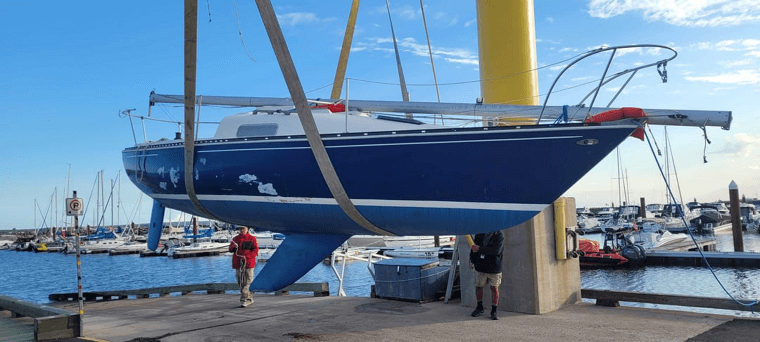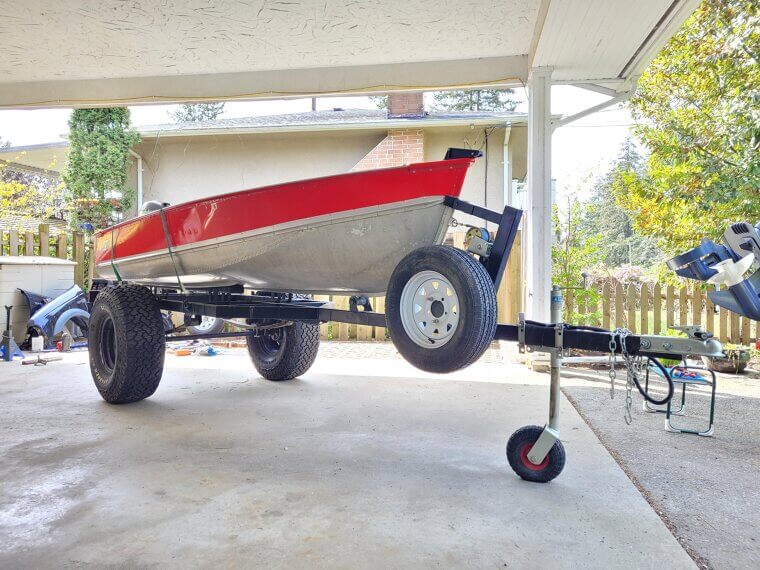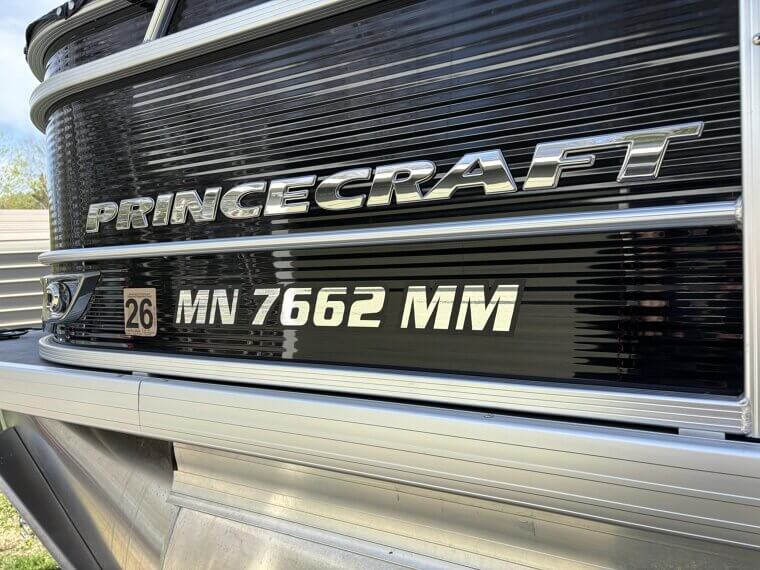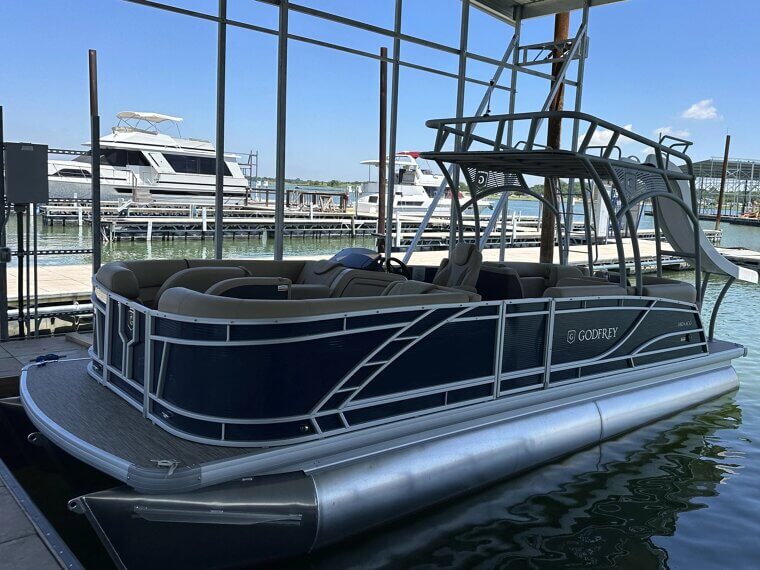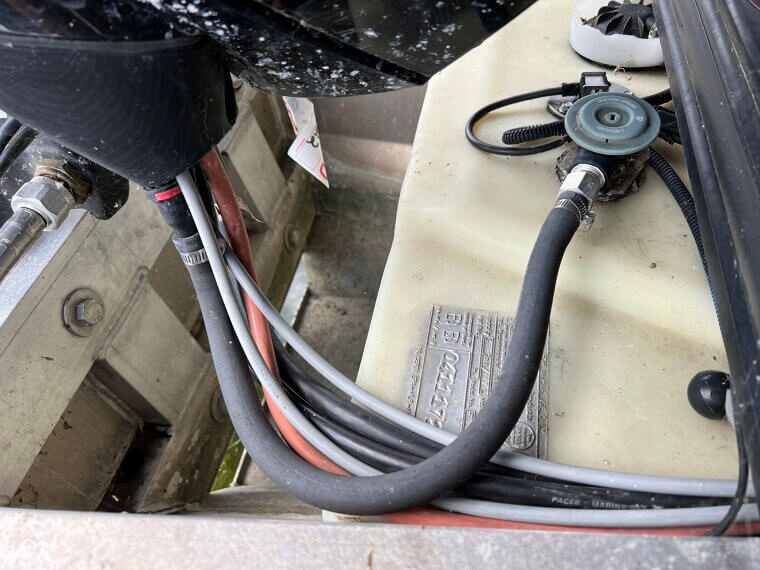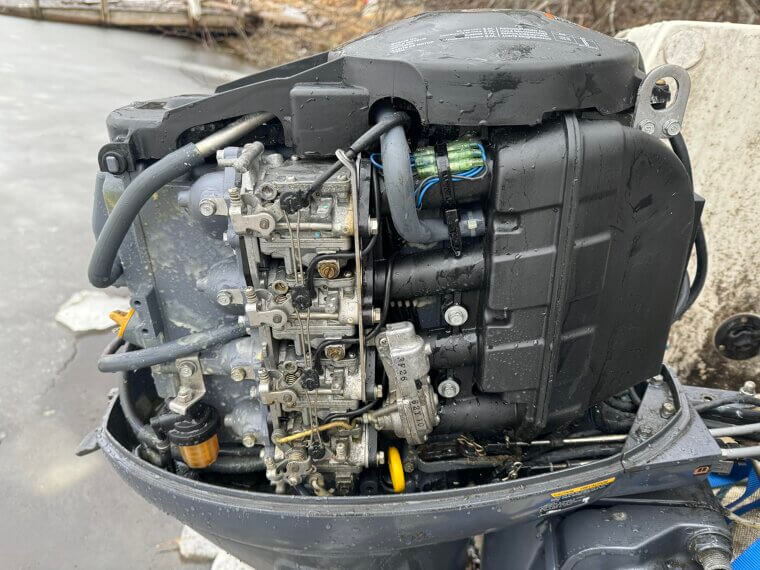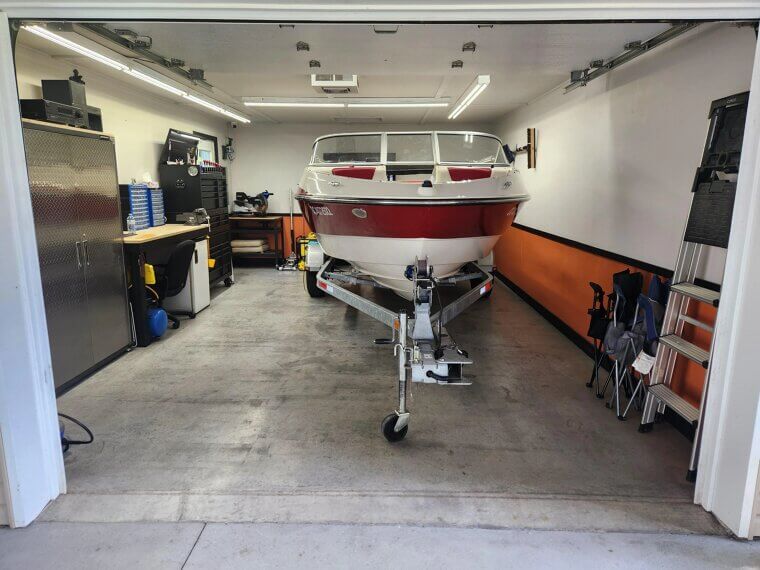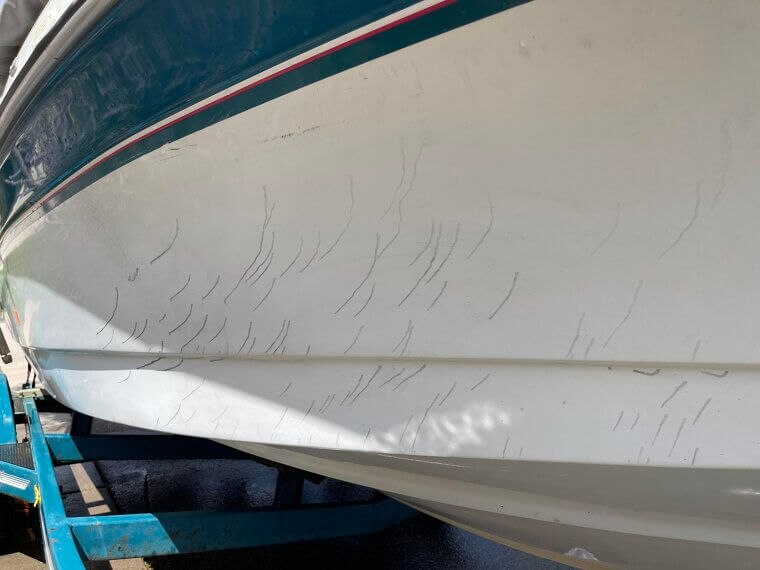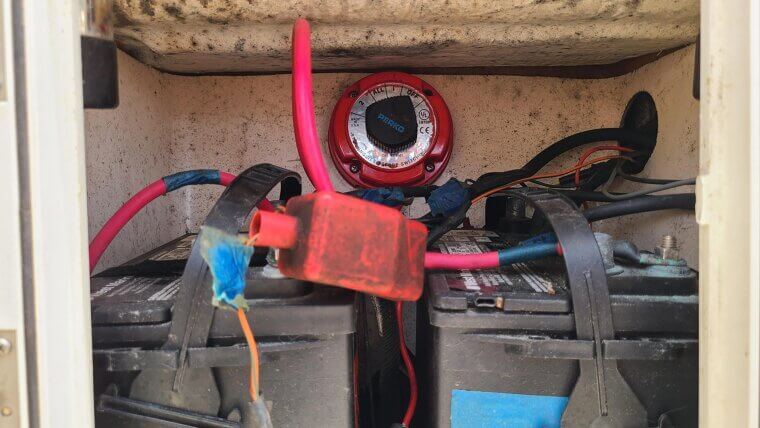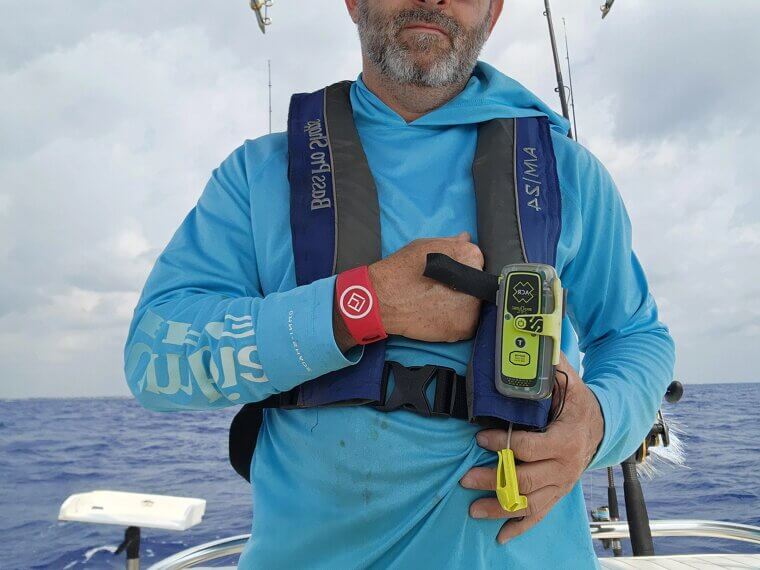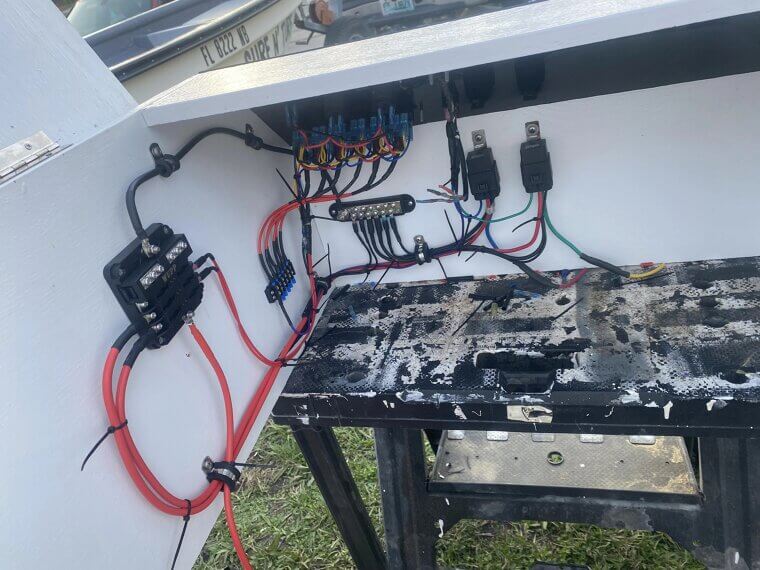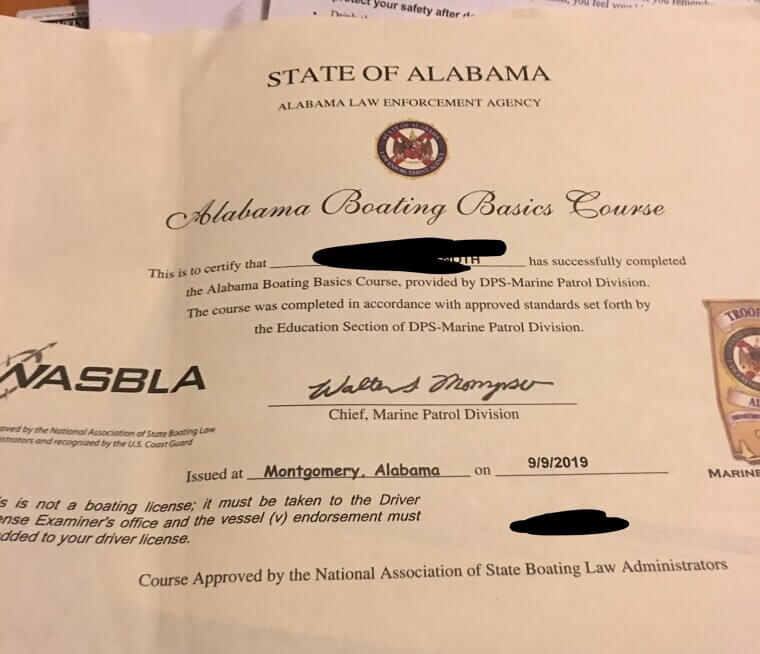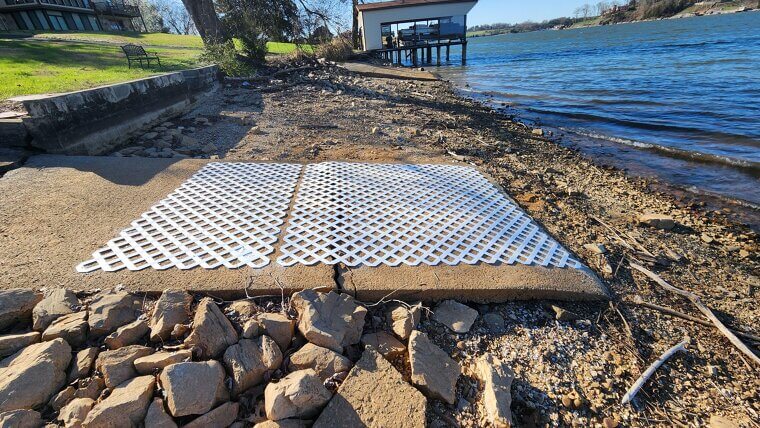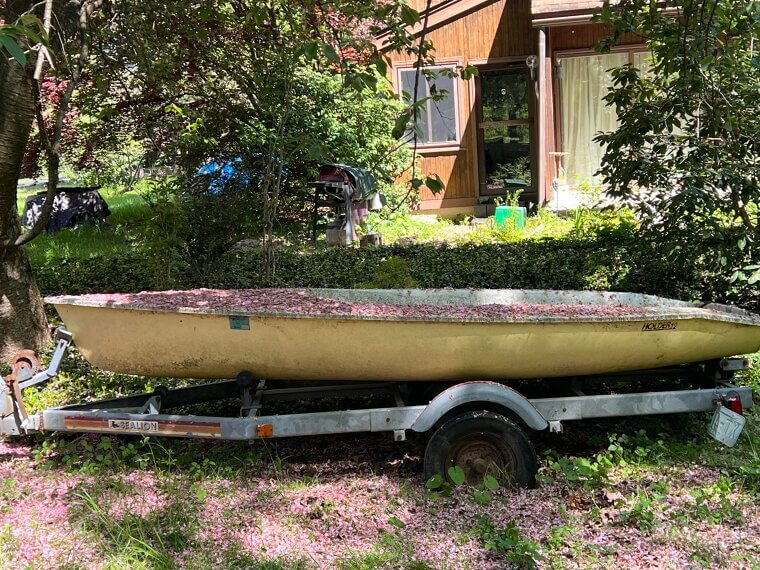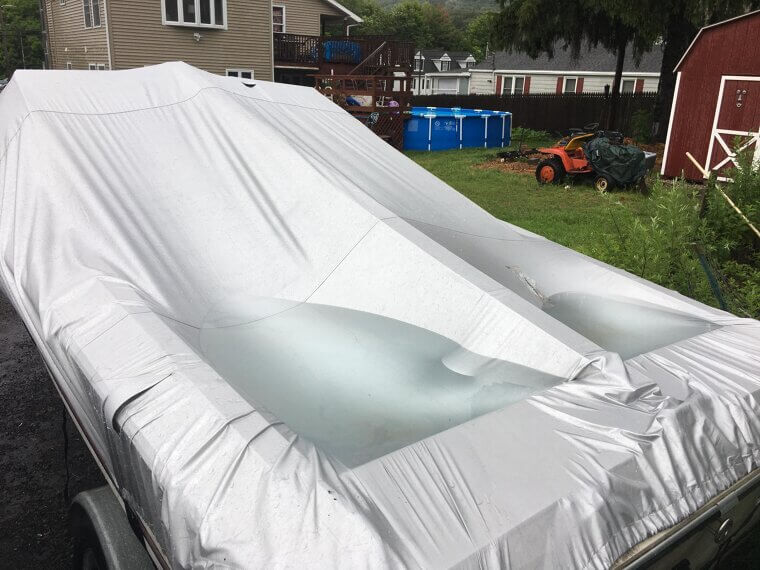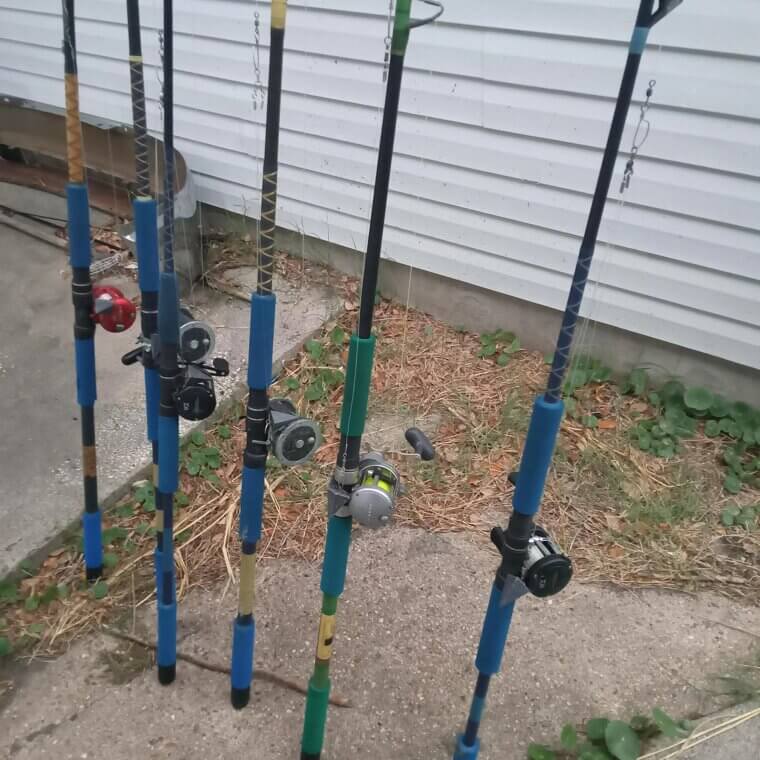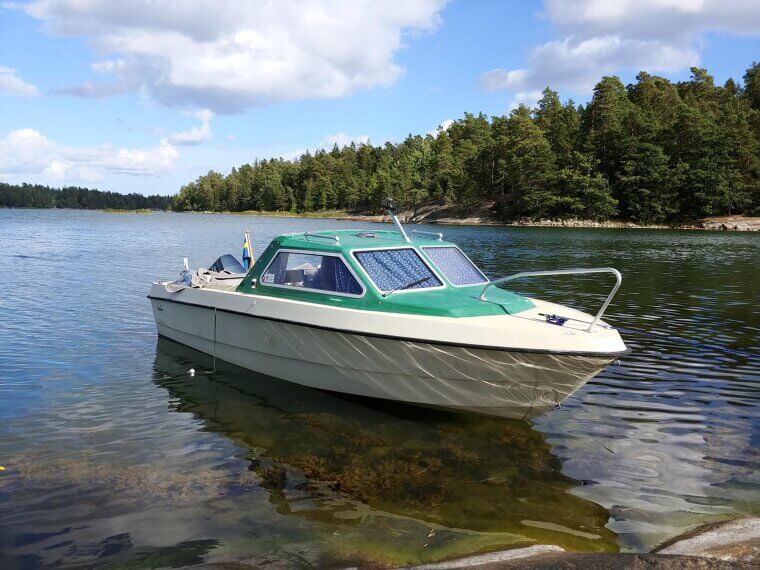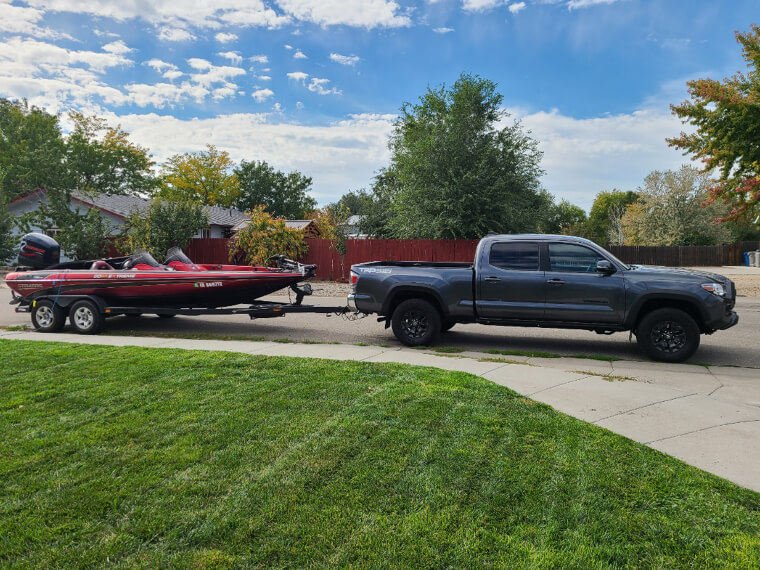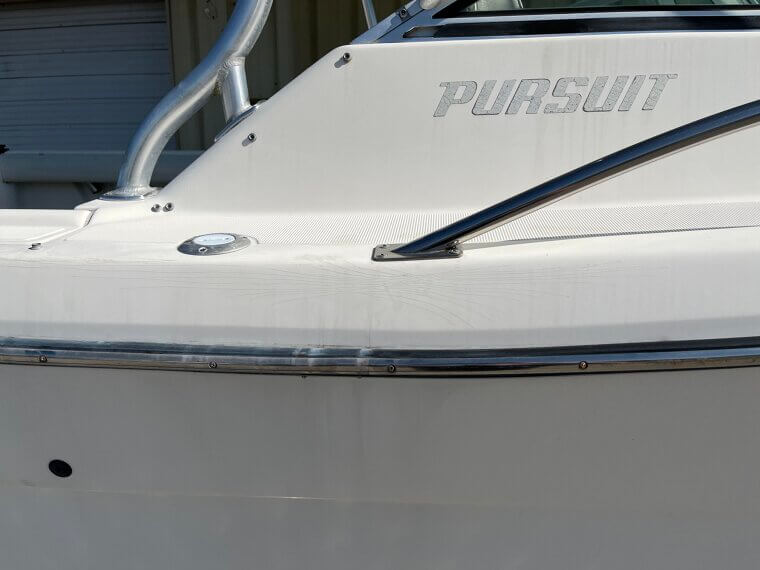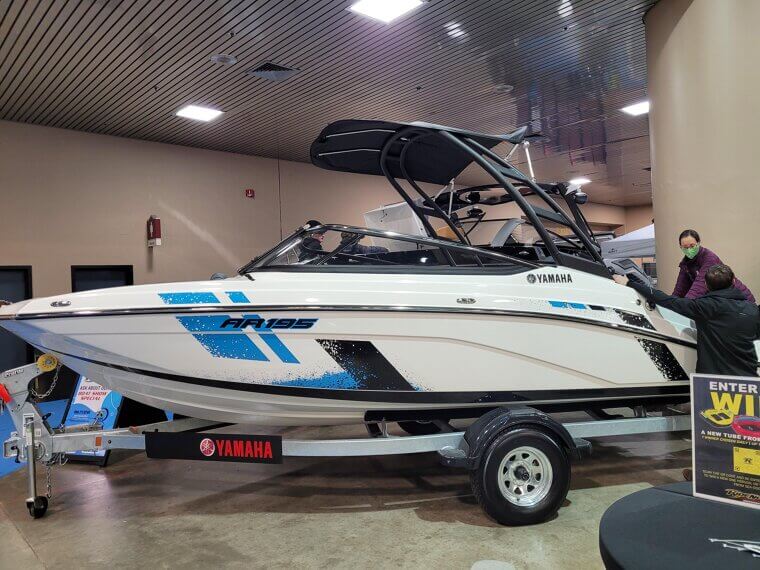Marina and Docking Fees
So, you’ve just bought yourself a cute little boat to call your own, and now you’re left with the issue of where the heck to put the darn thing. Chances are you’ve got a local marina that can store it for you, but they won’t do it for free. If you want to avoid docking fees, it’s worth investing in a trailer to store it at home.
Trailer Registration and Maintenance
Of course, buying a trailer comes with its own set of hidden costs. It’ll need to be regularly maintained, for starters, and registered annually. You can mitigate these costs somewhat by purchasing a second-hand (but already well-maintained) trailer and performing the inspections and cleaning yourself.
Annual Boat Registration
Speaking of registration fees, much like your car, your boat will need to be registered with the state - and then again every year. There’s no real way around this, but you can always check your state’s requirements, since some smaller, non-motorized boats may have lower fees.
Insurance Premiums
Insurance! You hate to have to pay for it, but you’ll be glad you did should the worst come to pass. It’s not always necessary, but marinas will almost always require a certificate of insurance. You can mitigate the costs the old-fashioned way: by comparing quotes from different providers and potentially bundling with your home or car insurance.
Fuel Costs
Unless you’ve got a rowboat, your craft will need fuel if you ever hope to take it anywhere. Older, smaller boats burn more gas than you would think, so it’s worth investing in a more modern engine. You should also plan your trips thoroughly to ensure you have sufficient fuel.
Engine Maintenance and Repairs
In many ways, a boat engine can be even more finicky and borderline problematic than a car engine. Outboard engines need annual servicing, and unexpected failures can prove very costly indeed. Follow rigid maintenance guidelines and schedules, and be sure to flush your engine with fresh water after every trip.
Winterization
If you live in an area with particularly extreme winter conditions, your vessel will need to be winter-proofed (winterized) in order to prevent damage. This is a costly process, but you can learn to do it yourself with DIY kits, or avoid it by storing your boat in a heated space.
Hull Cleaning
Speaking of winter, one of the quirks of having a boat during the cold months is that its hull will likely pick up algae and barnacles. This is obviously a pain to deal with and requires extensive cleaning and anti-fouling paint. You can avoid this, however, by always storing your boat on a dry rack.
Battery Replacement
Many boat batteries have a short lifespan of just 2 to 4 years, and often degrade even faster if they’re undercharged. While having to replace the battery is inevitable, you can at least extend its lifespan by using a smart charger and disconnecting it entirely during the off-season.
Safety Equipment Replacements
Safety equipment - things like life jackets, fire extinguishers, first aid kits, and flares - is all absolutely essential for owning a boat. Unfortunately, they don’t last forever, but you can mitigate the cost of replacement by purchasing refillable kits.
Electronics Wear/Failure
Let’s assume that you’ve bought your boat for fishing - you’ll probably want to get yourself a fish finder, a radio, and a decent GPS, right? Unfortunately, all these electronics are prone to wear, especially in wet environments. Save money on repairs and replacements by purchasing waterproofed versions instead.
Licensing/Sailing Courses
As with cars, you’ll need to be licensed in order to drive your boat. However, some jurisdictions go the extra mile, requiring additional courses and qualifications in order to legally pilot your craft. Fortunately, there are some low-cost and even free online courses that you can get your hands on.
Ramp/Launch Fees
If you store your boat at a marina, chances are you’ll also have to deal with ramp and launch fees. These can be somewhat mitigated by purchasing an annual launch pass (which only requires a one-time payment) or by docking at a free public ramp.
Cleaning Supplies
Any sailor worth their salt takes care of their own boat. However, while you may be willing to put in plenty of elbow grease, you’ll also need other materials, like wax, brushes, and covers, to combat mildew and grime. Save yourself the extra supply cost by rinsing your boat thoroughly after every outing.
Boat Cover Replacement
You can’t just leave your boat in the sun all year round, so a cover is absolutely necessary to preserve its appearance. Cheap covers, however, are prone to tearing and sun damage, so while it may cost more upfront, it’s worth it to invest in a high-quality, UV-resistant cover to begin with.
Gear Purchases
If you plan on taking your boat out for fishing, you’ll need to get your hands on some equipment. Unfortunately, the amount of gear you may want will quickly skyrocket. That’s why we recommend buying second-hand wherever possible, or even borrowing gear from friends to try it out first.
Depreciation
There may one day come a time when you’ll need or want to part with your boat, but depreciation can quickly sink that notion. For this reason, it’s important that you follow a strict maintenance schedule and keep all logs and documents related to your vessel.
Towing Vehicle Costs
If your boat is already hitched to a trailer, you’ll likely also want to haul it around with your car. Unfortunately, towing places increased pressure on your transmission and brakes, while also using more fuel. Consider purchasing a trailer that matches your vehicle’s exact towing capacity, while being sure to maintain your transmission fluid.
Damage
Accidents happen, which is exactly why you always want to be insured, as any mooring accidents, wake damage, and onboard injuries can incur huge costs. Always carry liability insurance while being sure to also understand no-wake zone rules.
Accessories
Many boat accessories - things like jet skis, tow toys, and bait tanks - require refills, repairs, and replacements of their own, which can quickly jack up the cost of owning your boat. Start small with only what you need, and trust only the most reliable, durable brands.

